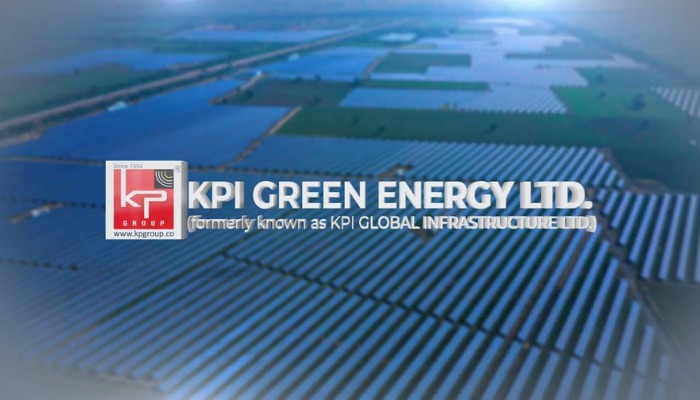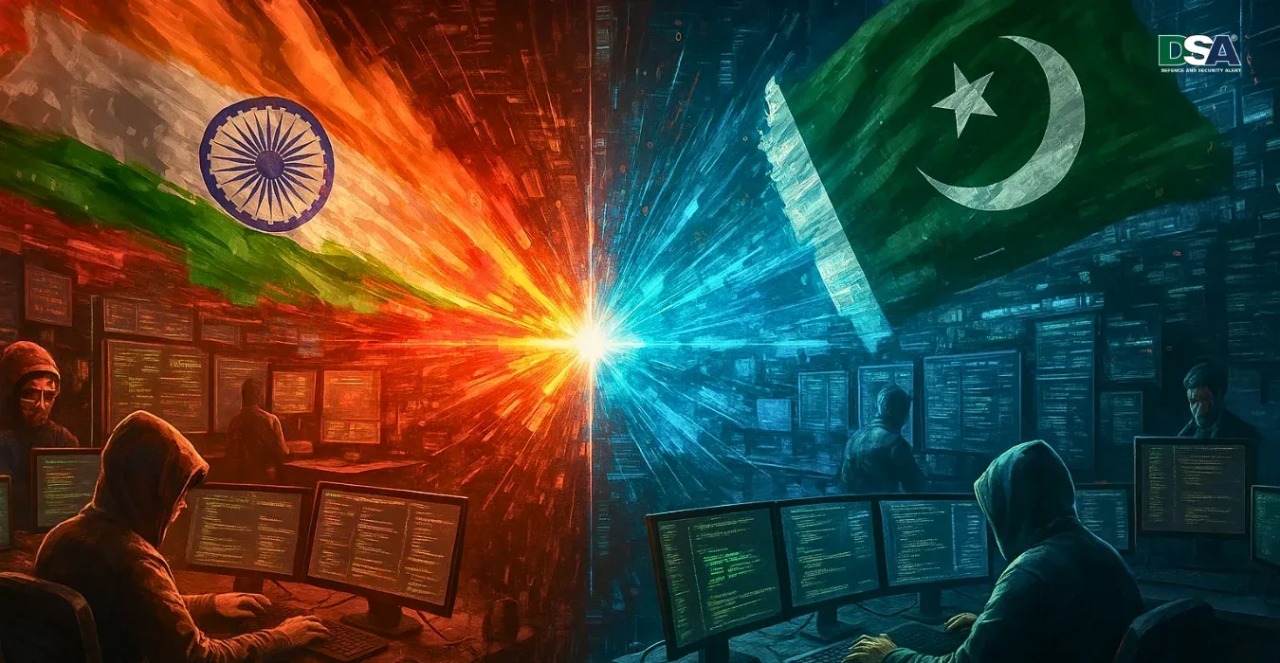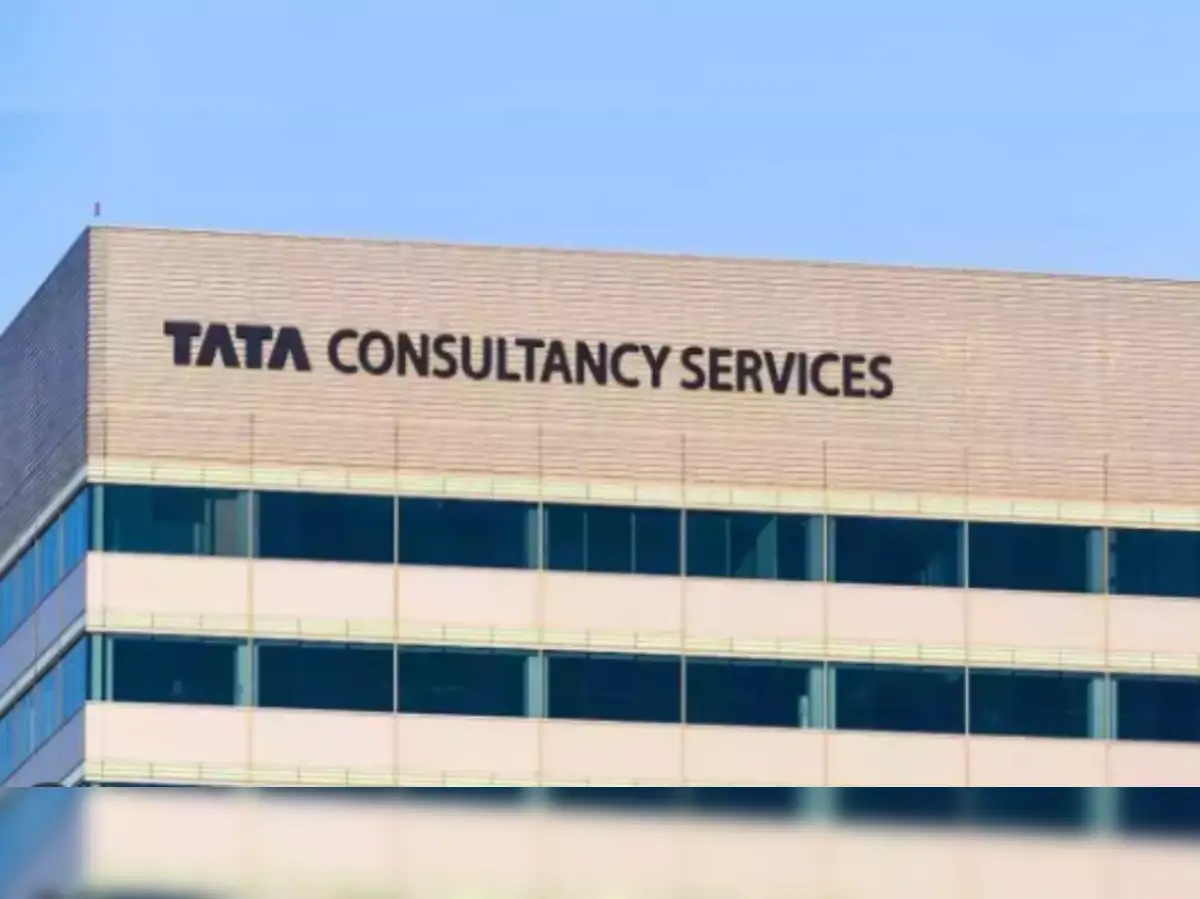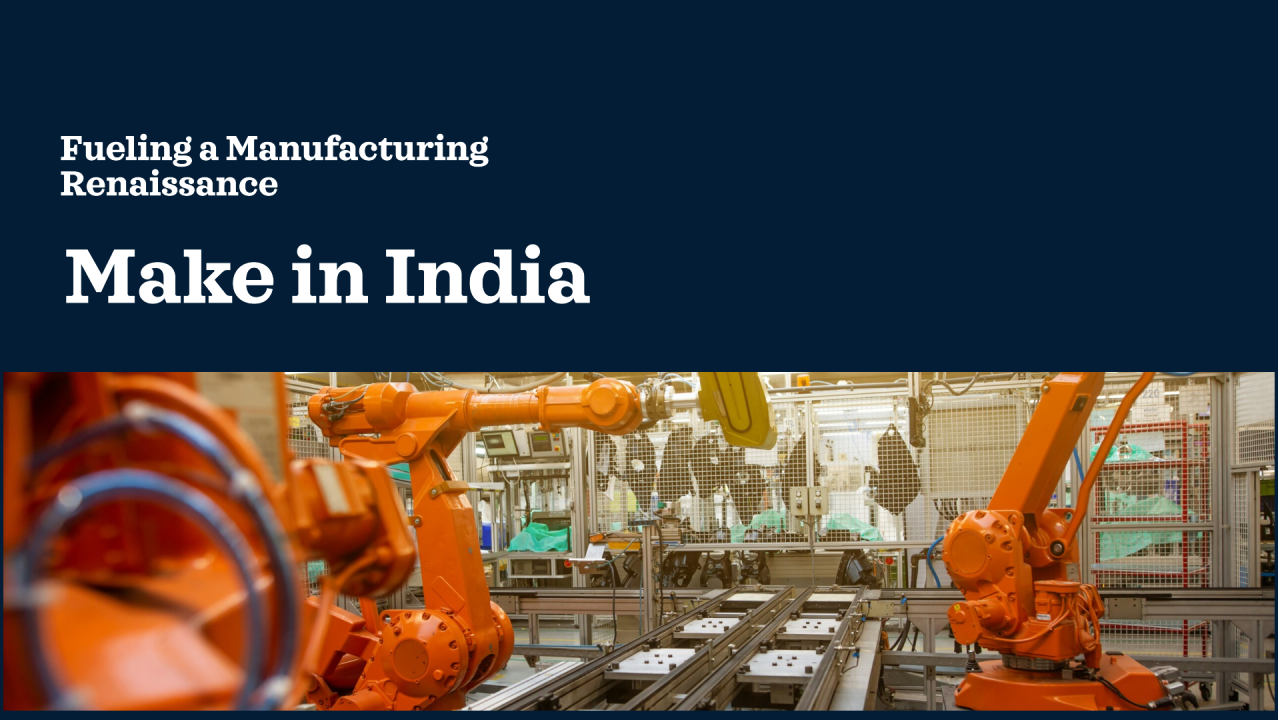
Follow WOWNEWS 24x7 on:
Updated: May 14, 2025 07:17
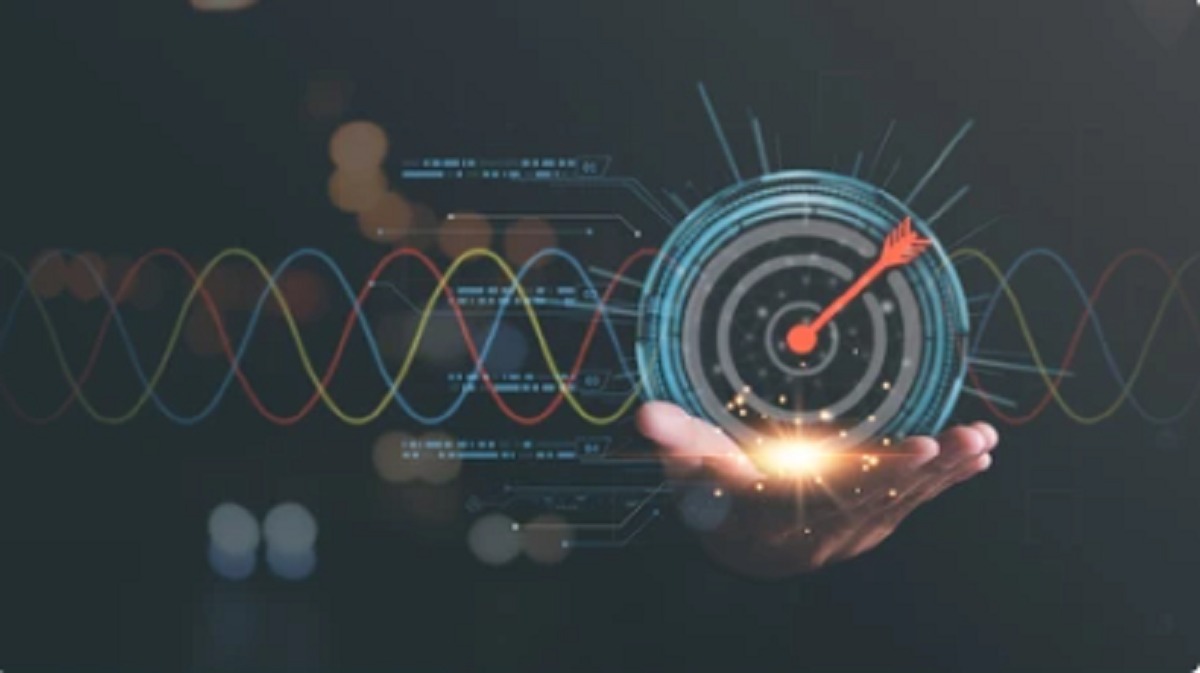
Key Highlights
Political Swings Recast Tech Policy
Donald Trump's return to the White House has ushered in a radical change in U.S. tech policy. The White House has focused on deregulation, especially around artificial intelligence, rescinding past executive orders and initiating a $500 billion AI infrastructure project named Stargate. The project, spearheaded by OpenAI and Softbank with giant tech co-sponsors, seeks to reassert American leadership in AI and national security. At the same time, the global race for technology accelerates as Chinese companies such as DeepSeek launch newer AI models, increasing the level of global competition and innovation.
The Regulatory Environment Tightens and Adapts
2025 is the key year for technology regulation globally. In the United States, antitrust enforcement, cryptocurrency deregulation, and possible platform bans such as TikTok are on the list. The SEC's Accelerated Regulatory Incubation Program (ARIP) and new rules for digital assets are meant to add clarity but raise more compliance requirements for crypto companies. In Nigeria, the Data Protection Act and recent court decisions are formulating a more multidimensional approach to data privacy for SMEs. Globally, regulatory frameworks are being redesigned to achieve a balance between innovation and consumer protection as well as safety.
Culture and Technology: A Two-Way Street
Technology is reshaping cultural identities and practices, facilitating unparalleled international communication and cross-cultural interaction. Yet this speeded-up diffusion of technology poses a threat of cultural homogenization, under which global cultures dominate indigenous customs. The digital divide persists as an issue, with marginalized groups in many cases missing out on the advantages of technological innovation. Policymakers and technologists are challenged to create culturally attuned approaches that promote inclusiveness, safeguard cultural diversity, and enhance virtuous digital practices.
Economic Pressures and Tech Shift
In the face of inflation and recession concerns, businesses are under increasing economic pressure and regulatory complexity. Technological changes, particularly in AI, are transforming business models and working styles at a fast pace. However, most organizations get bogged down in pilot modes, foregoing sustainable, long-term value. The call for sustainability now involves effective use of resources and sustainable innovation, so it is the core pillar of economic and technological change.
Global Trends: AI, Polarization, and Societal Tensions
2025 is characterized by AI mass adoption, increasing political polarization, and the climate change normalcy. These drivers fuel conflicts between humanization and automation, freedom and regulation, and transformation versus legacy systems. AI is fueling innovation and productivity, but at the same time generating concerns over ethics, fairness, and work futures. Organizations and societies have to balance right technology efficiency against human touch.
India's Tech Revolution: Growth and Barriers
India is at the vanguard of digital transformation with more than 120,000 startups and trailblazing digital infrastructure such as UPI and Aadhaar. Yet, regulatory barriers and adoption challenges risk impeding sustainable growth. Strategic policy frameworks are essential to promote innovation, facilitate scalability, and create resilience in India's growing tech ecosystem.
Sources: PCQuest, TechTarget, Chambers and Partners, Nature, Forbes, Drishti IAS, Experience One, Greenbook
